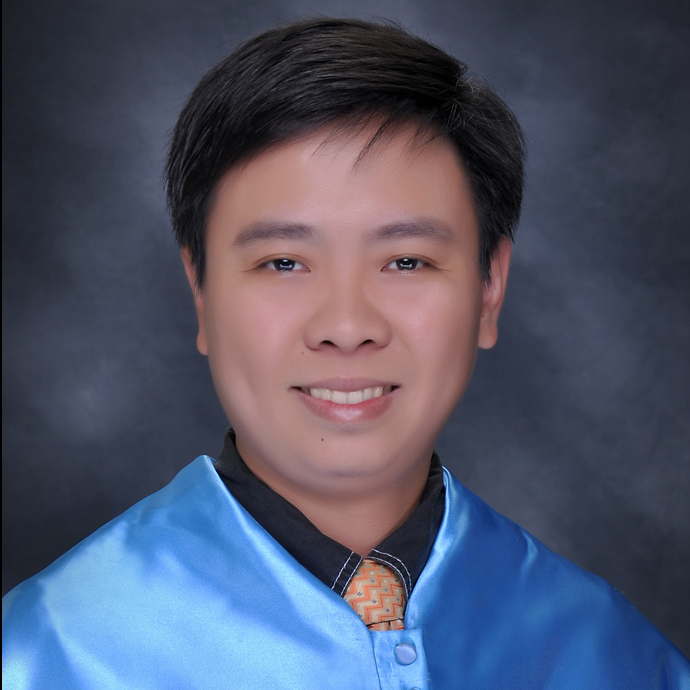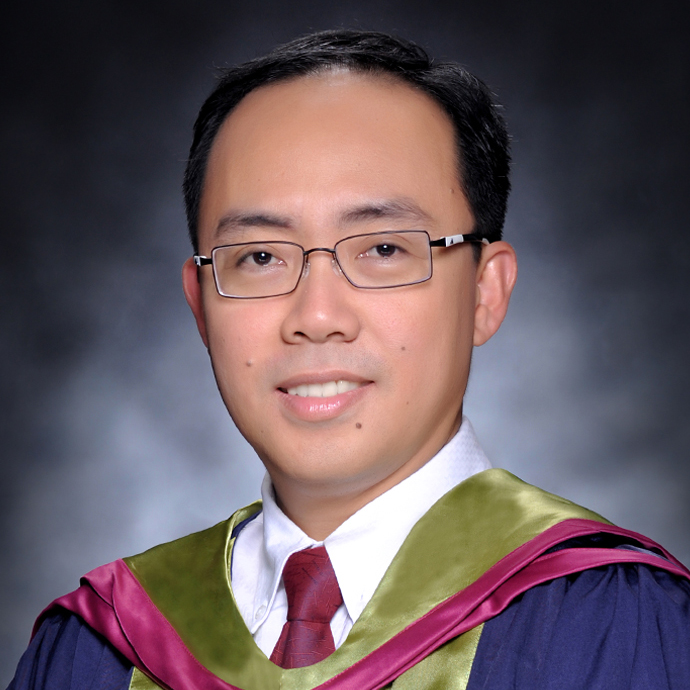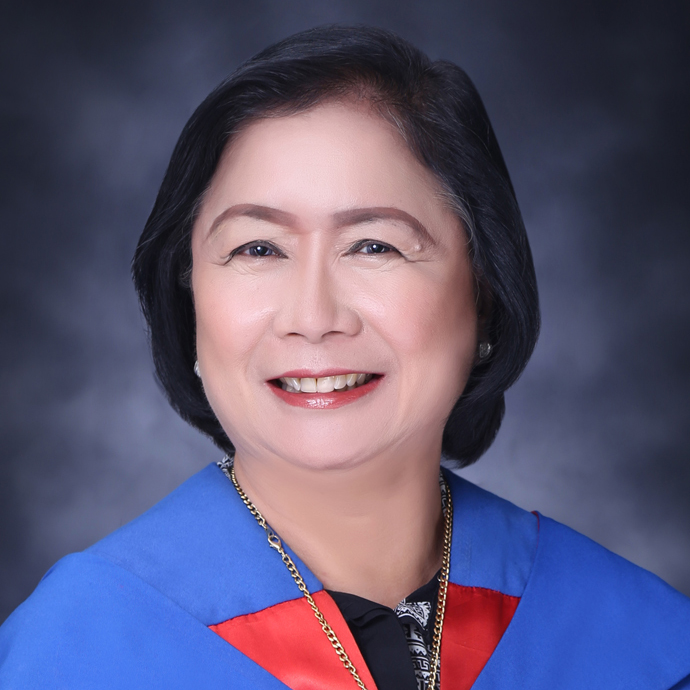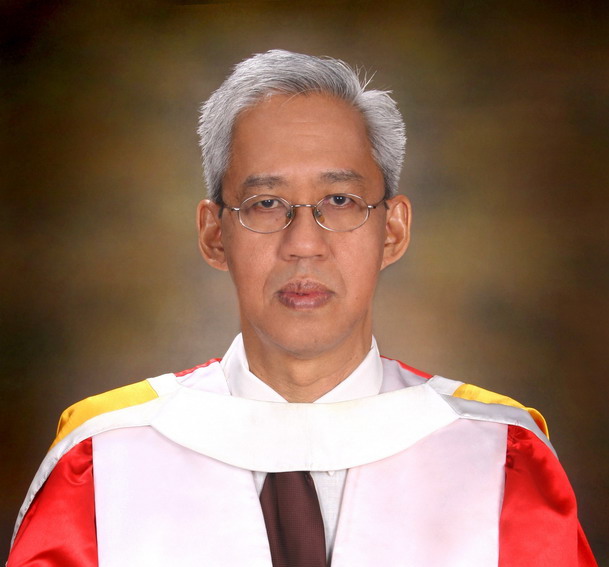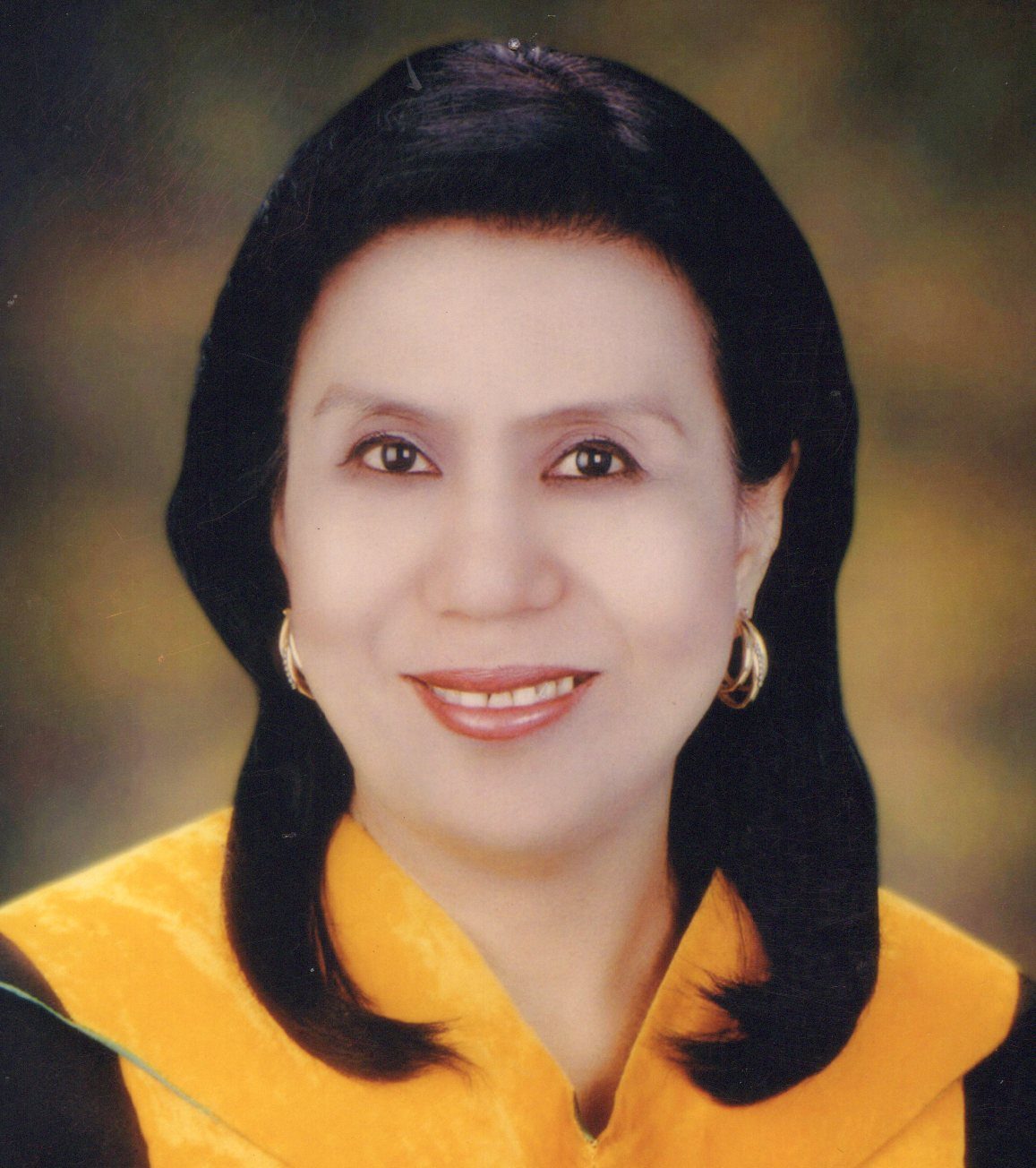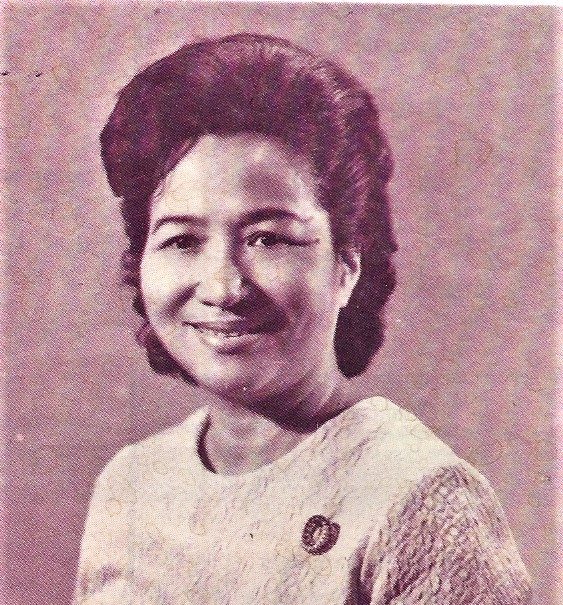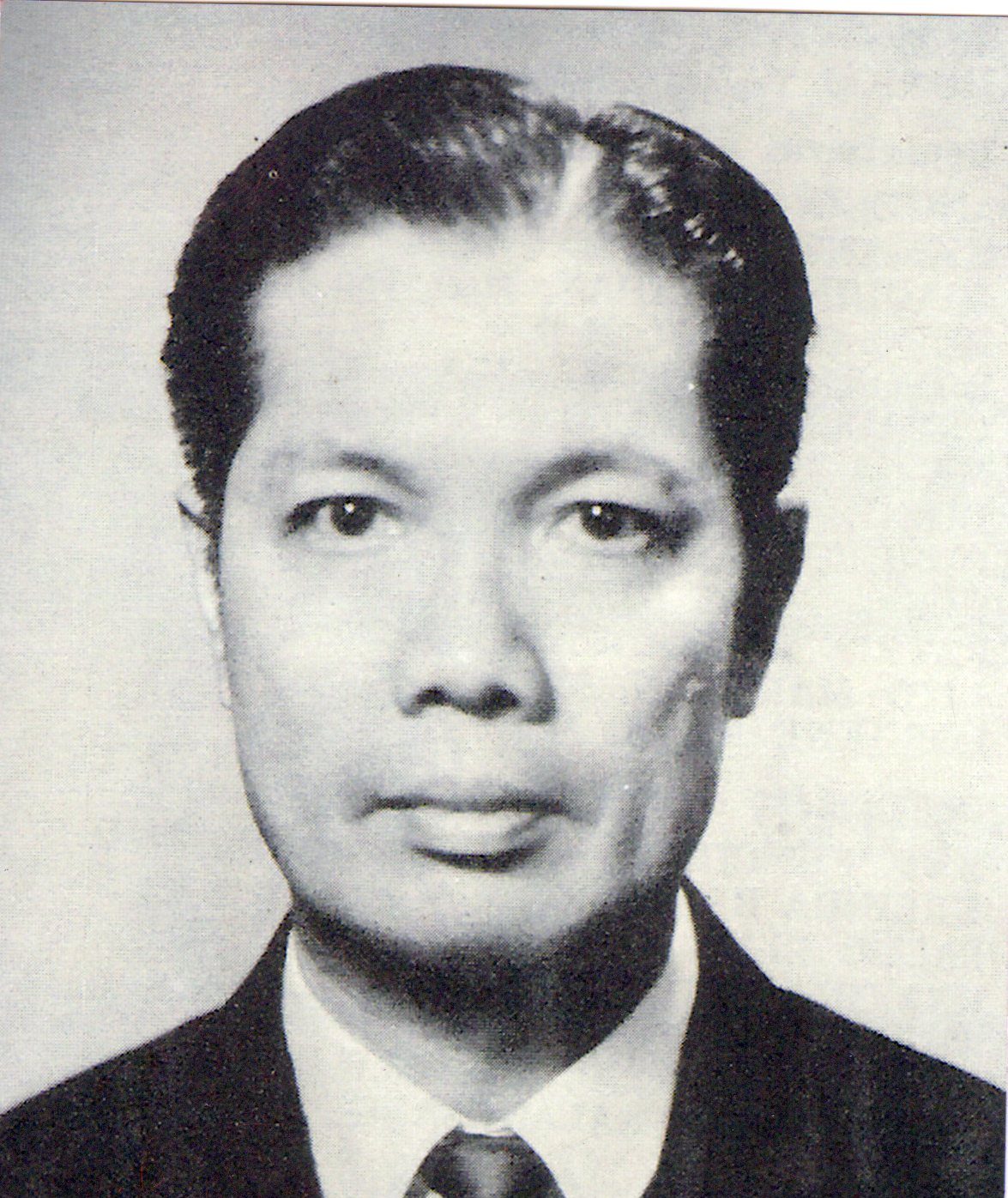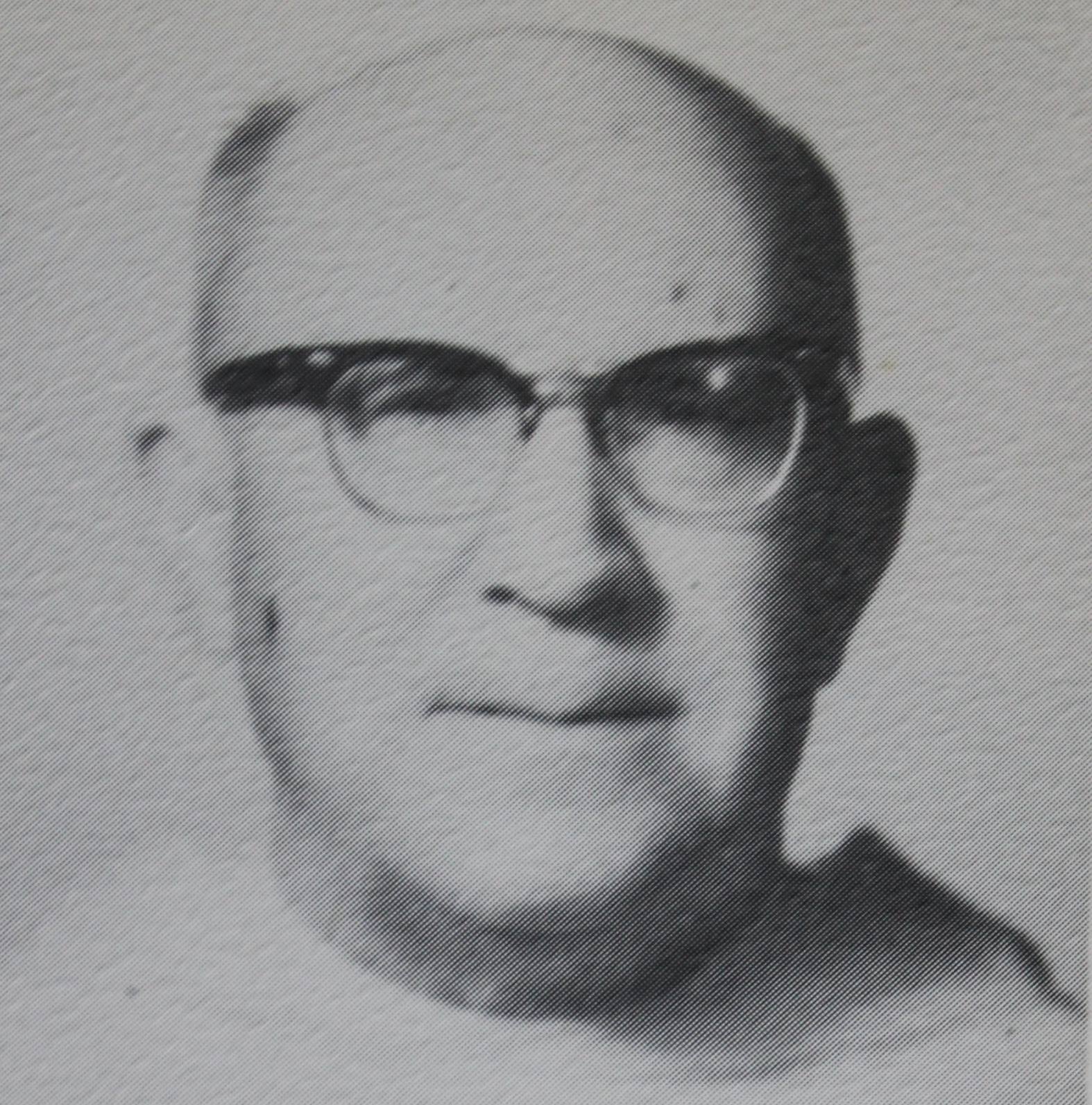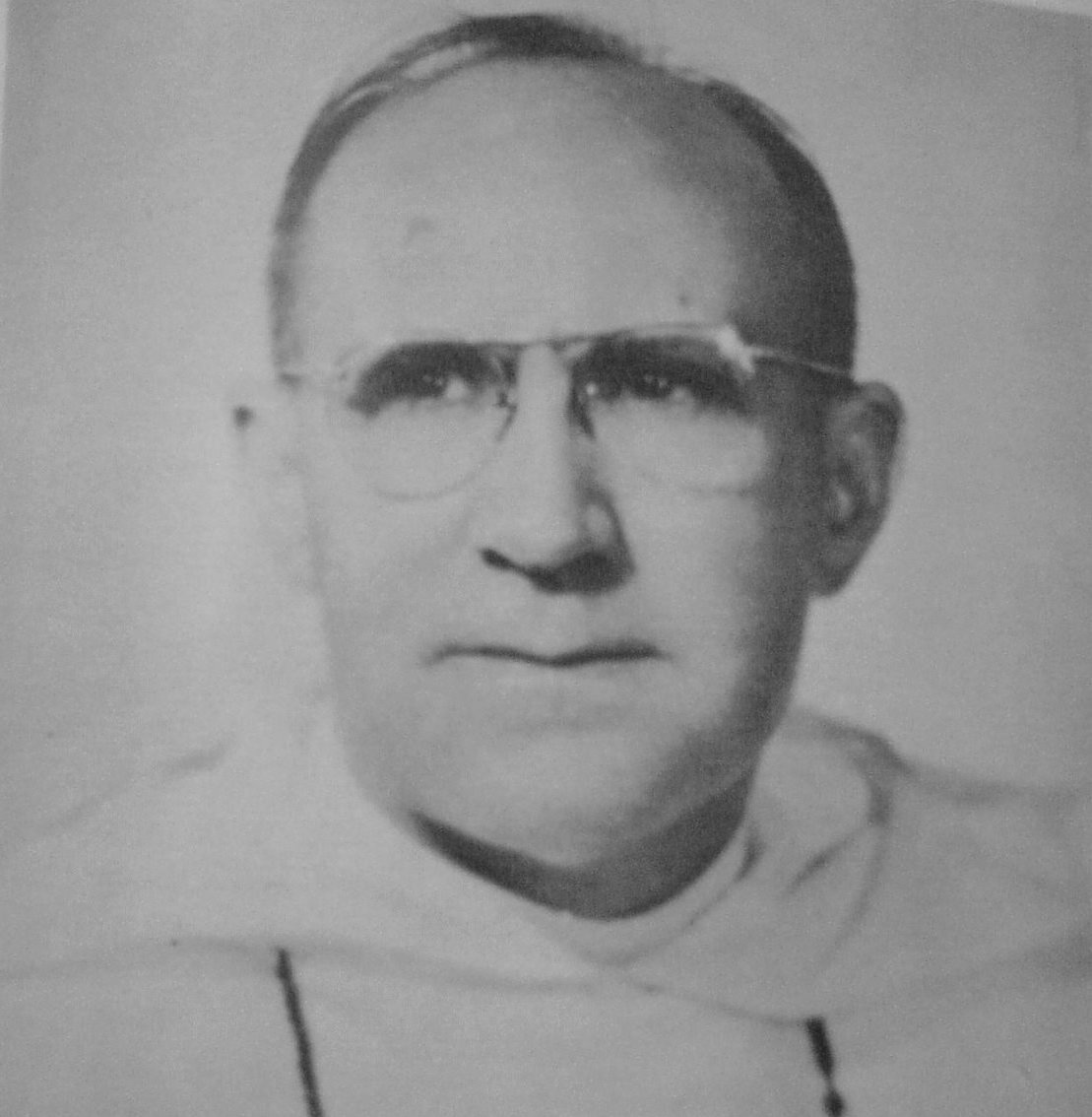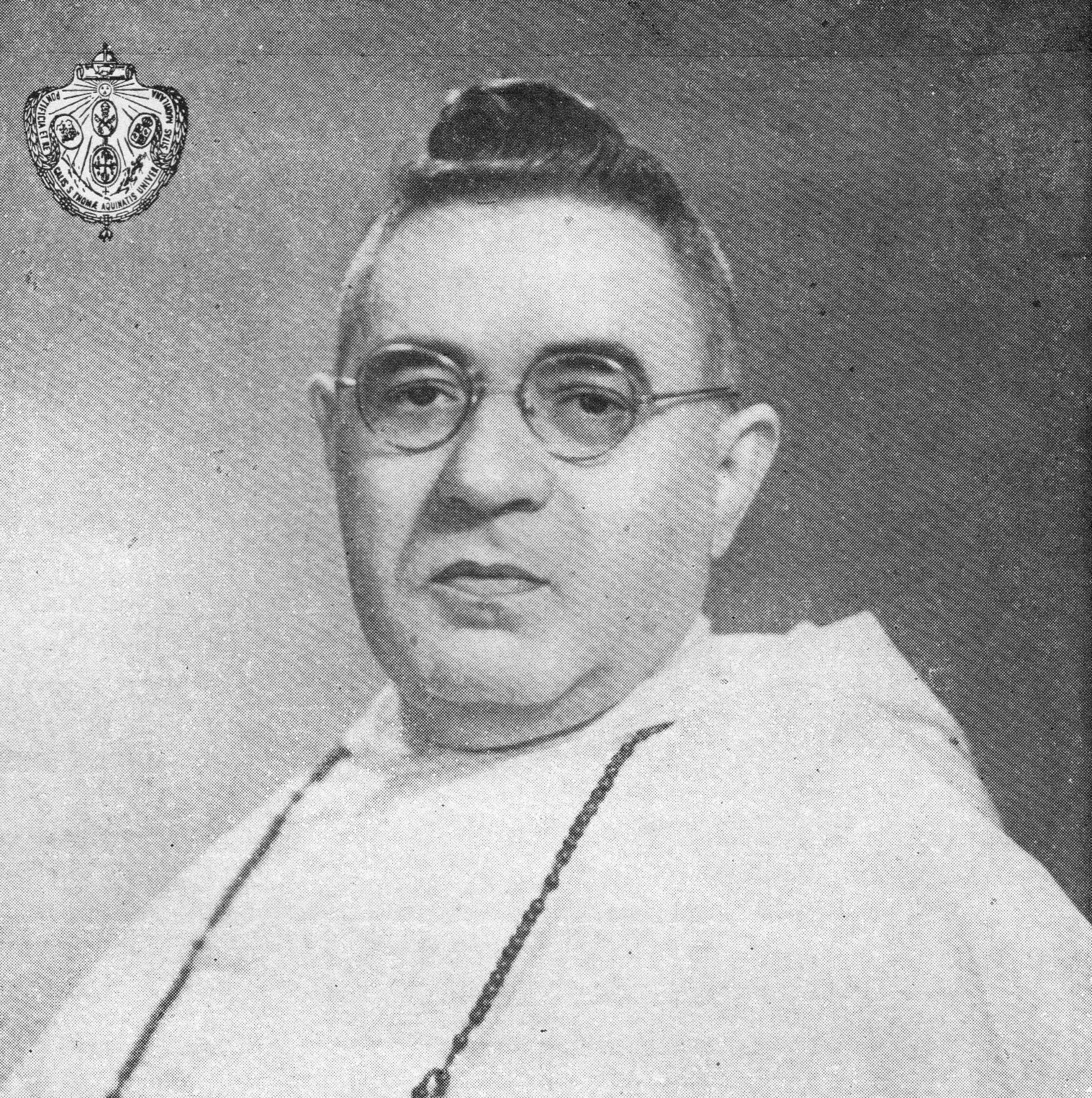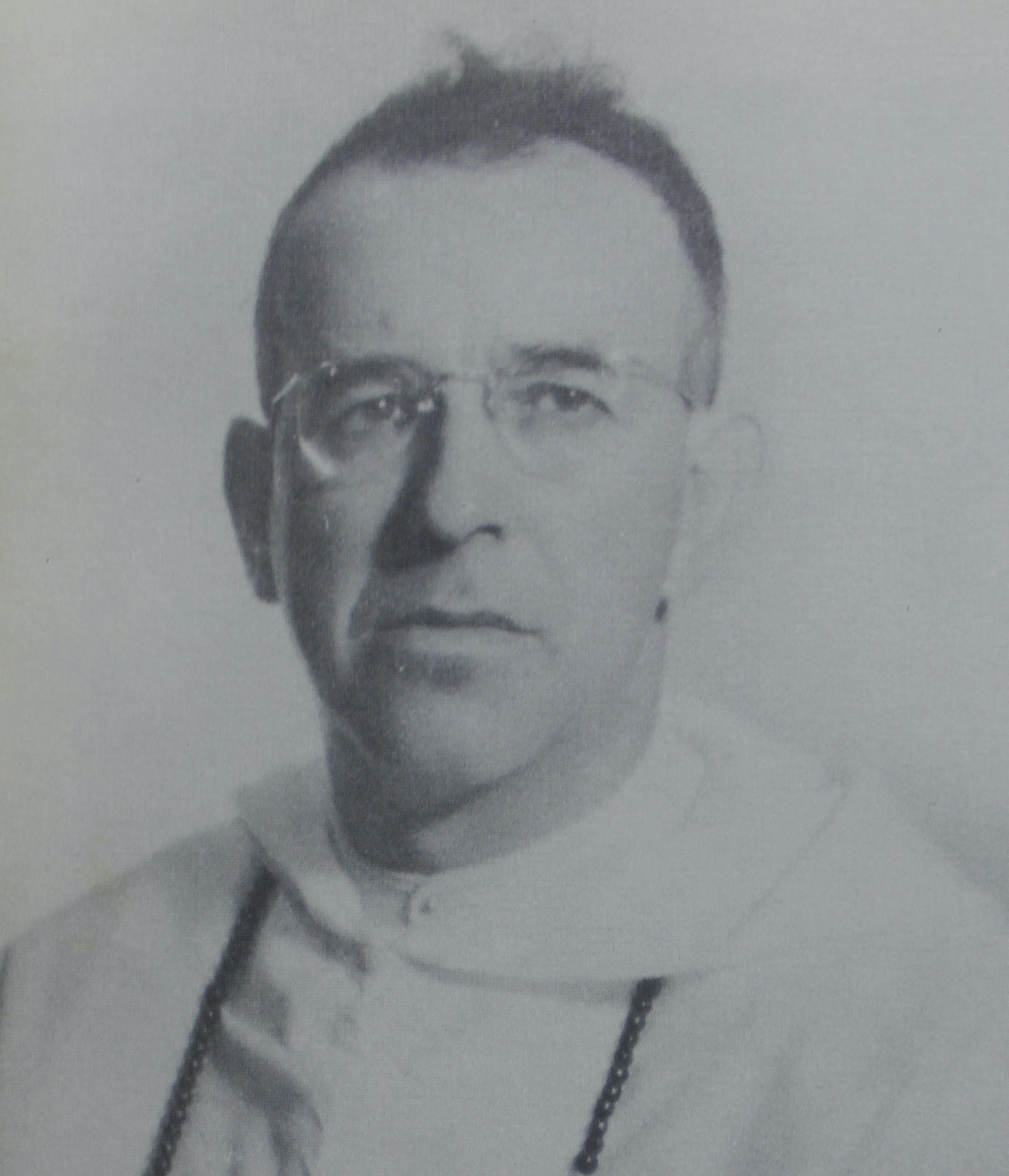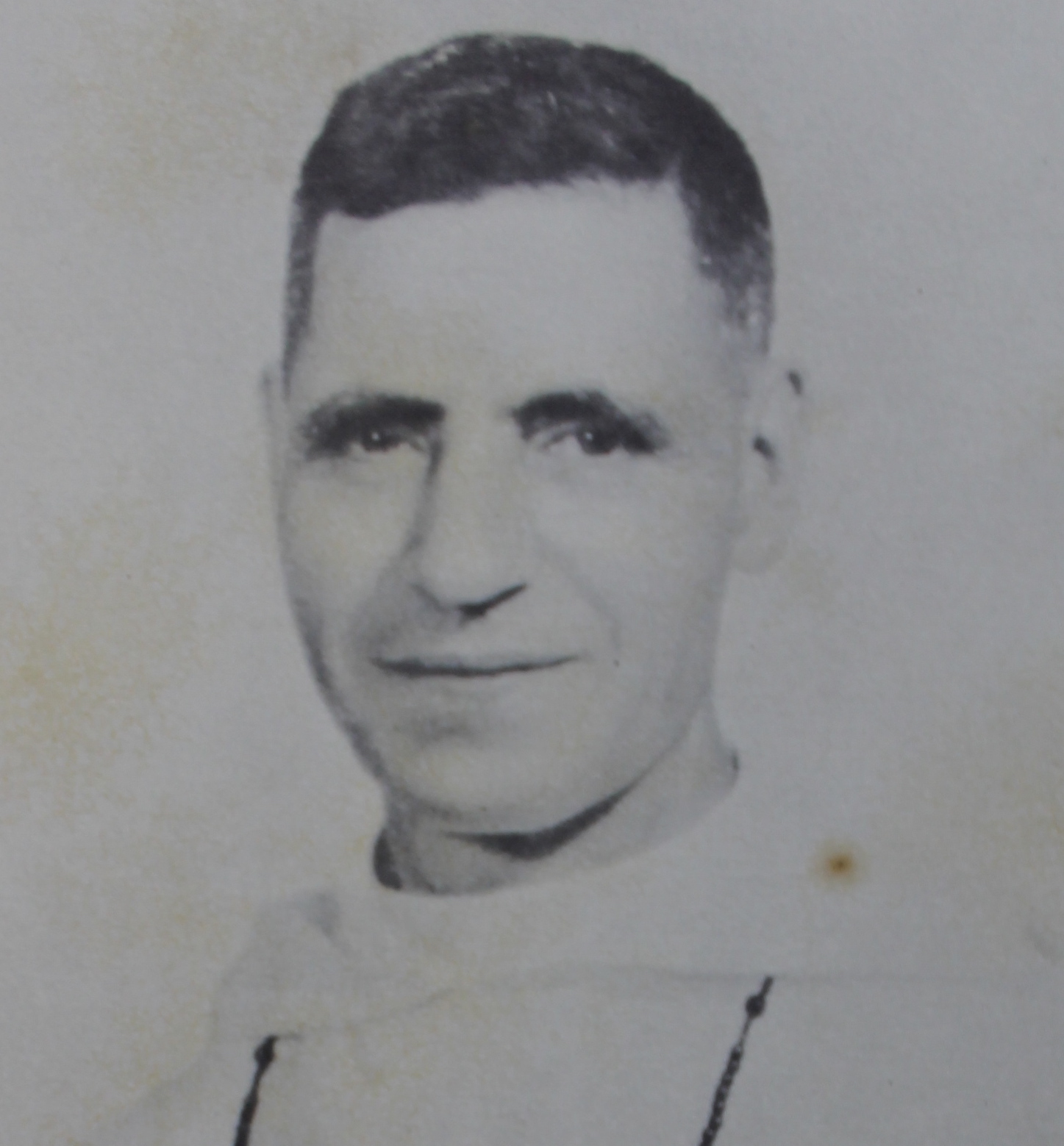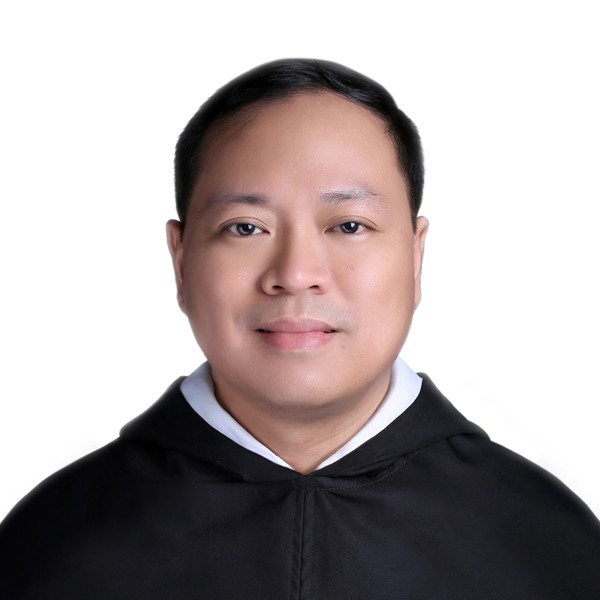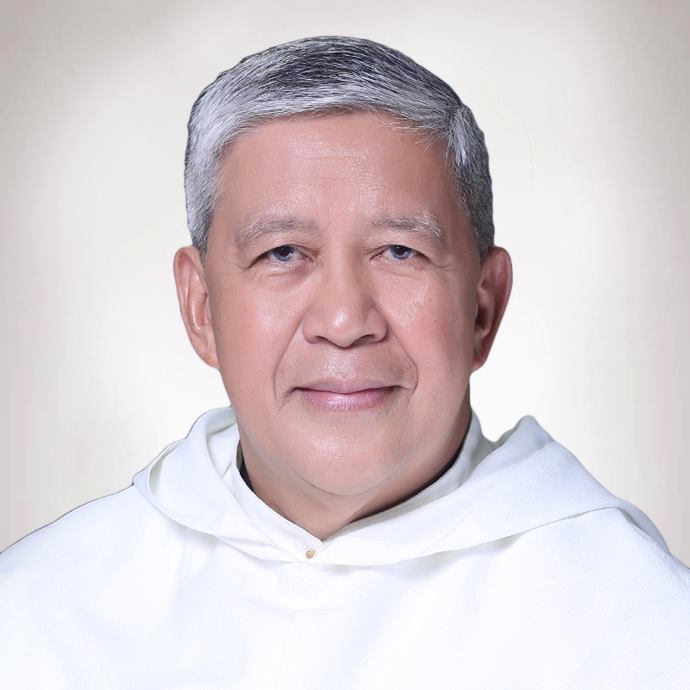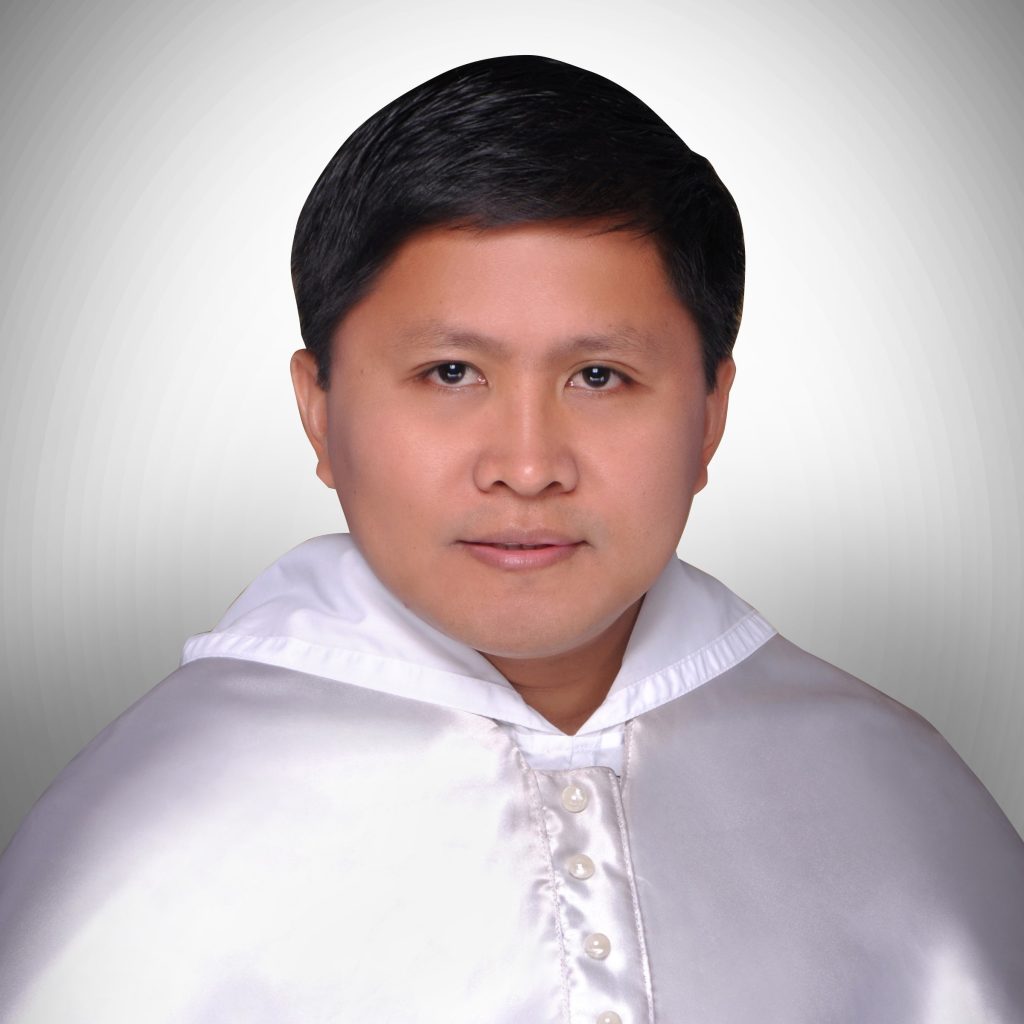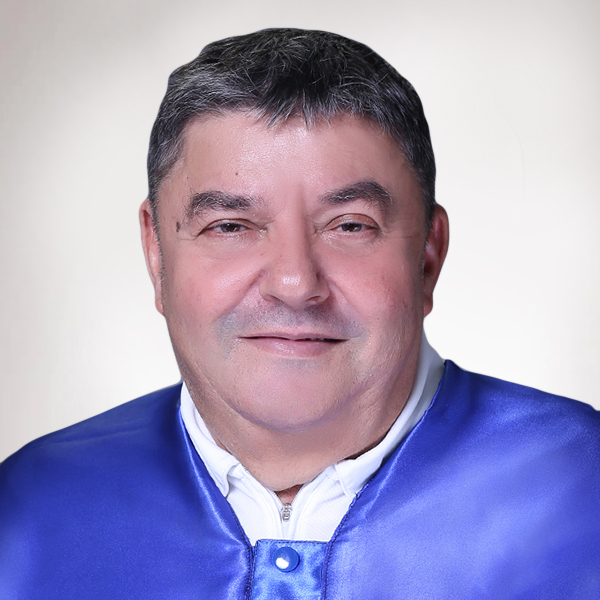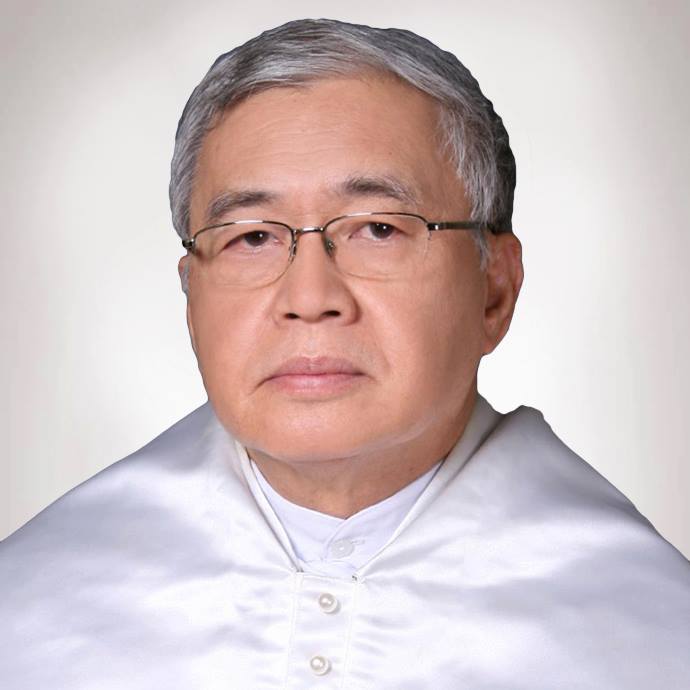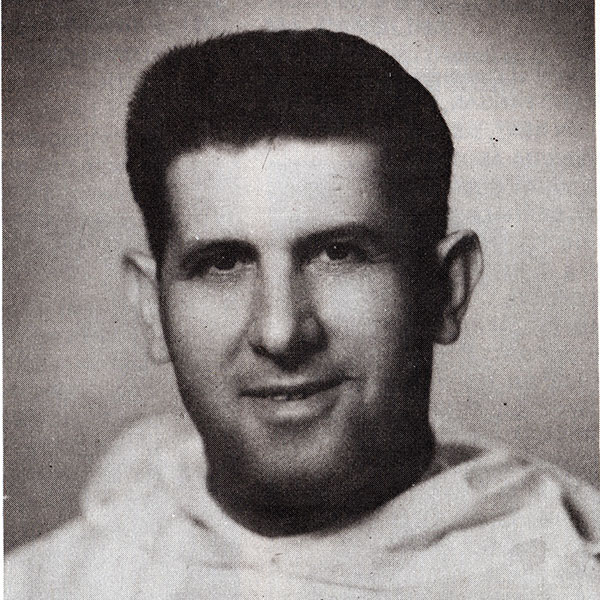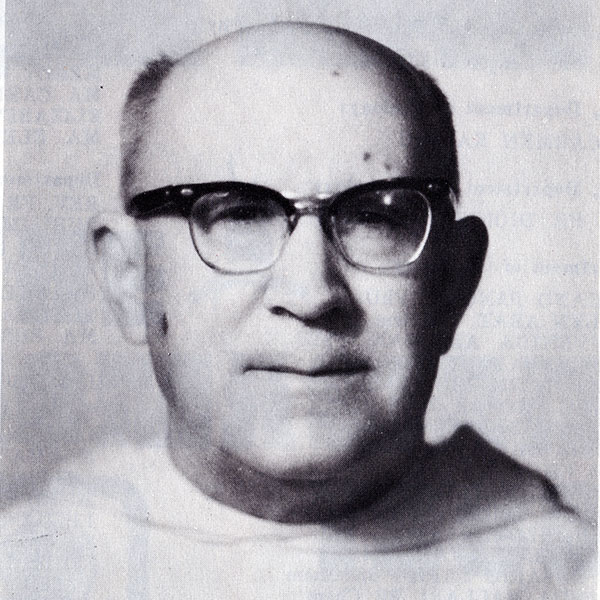In the October 2025 licensure exams for chemists, Zeus Nery...
Read More
Announcements

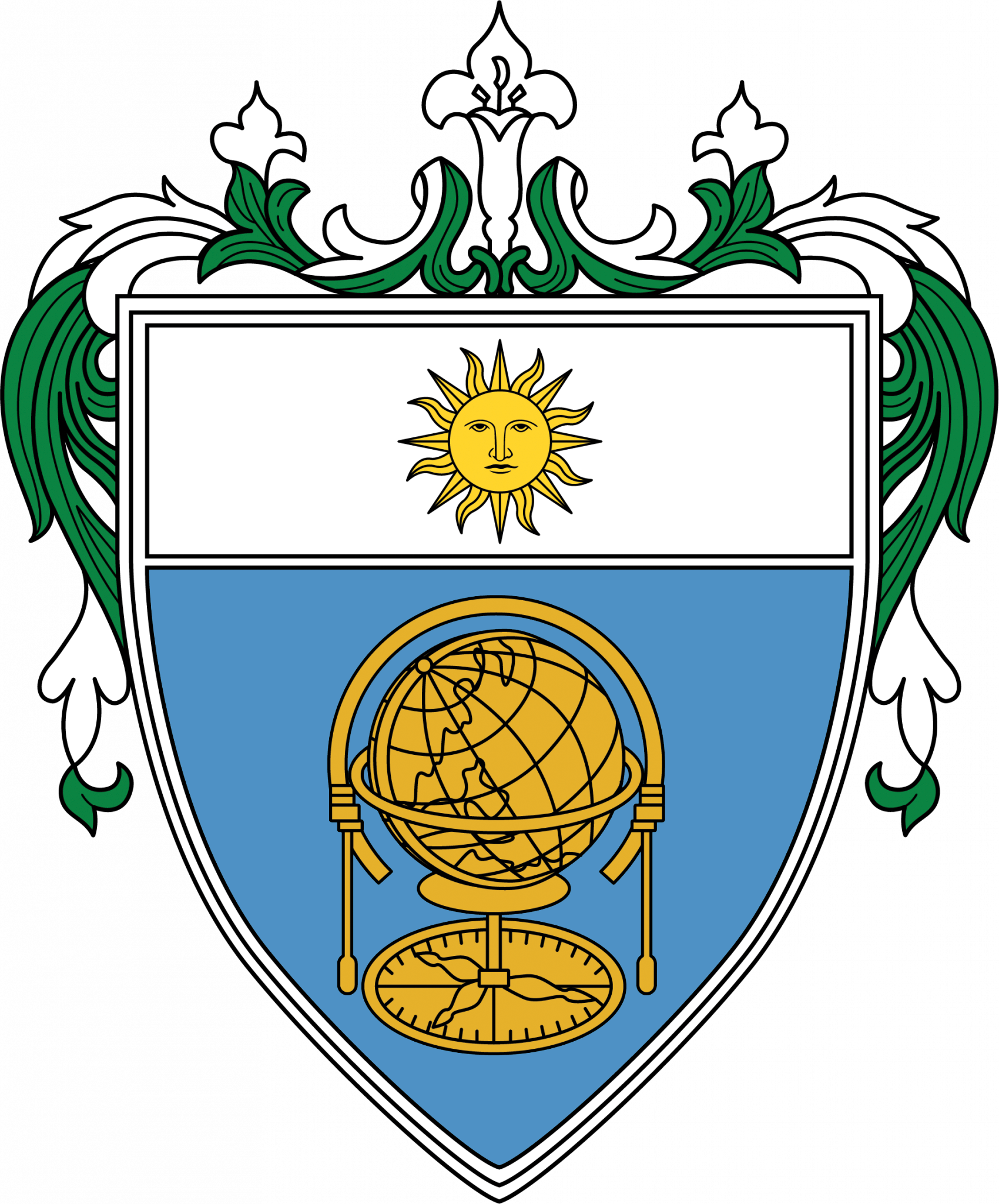
College of Science (1926)
Bachelor of Science in Applied Mathematics, major in Actuarial Science (4 years)
Bachelor of Science in Applied Physics, major in Instrumentation (4 years)
Bachelor of Science in Biology, major in Environmental Biology (4 years)
Bachelor of Science in Biology, major in Medical Biology (4 years)
Bachelor of Science in Biology, major in Molecular Biology and Biotechnology (4 years)
Bachelor of Science in Chemistry (4 years)
Bachelor of Science in Data Science and Analytics (4 years)
Bachelor of Science in Microbiology (4 years)
Bachelor of Science in Psychology (4 years)
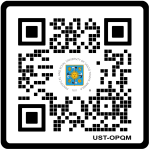
Send us your feedback
The UST College of Science envisions herself as a distinguished and internationally recognized center of learning in the sciences with a strong tradition of excellence in instruction, research, and community service.
The UST College of Science is dedicated to the integral formation of ethical, morally upright, competent, and compassionate scientists who are committed to the pursuit of Truth, and whose selfless service to God and community is manifested in their responsiveness to national and global concerns.
Graduate attributes are generic capabilities that ideally all graduates should possess by the end of their university learning experience, regardless of their field of specialization. These have been identified as being valued in a field of study, and are important considerations in the preparation of materials for learning and teaching.
A graduate of the College of Science is:
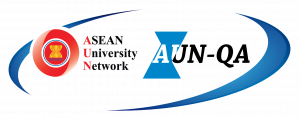
Certified (BS Biology, BS Chemistry, BS Psychology)
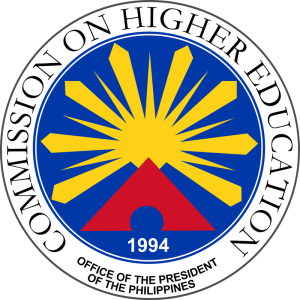
Center of Excellence (Biology, Chemistry, Psychology)
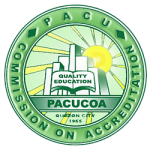 Level IV Accreditation (BS Applied Mathematics, major in Actuarial Science, BS Biology, BS Chemistry, BS Microbiology, BS Psychology)
Level IV Accreditation (BS Applied Mathematics, major in Actuarial Science, BS Biology, BS Chemistry, BS Microbiology, BS Psychology)

Level II Re-Accreditation (BS Applied Physics, major in Instrumentation)
Biological Sciences (University-level)
Chemistry (University-level)
Mathematics and Physics (University-level)
Psychology (University-level)
The College of Science is a key contributor to the research agenda of the University of Santo Tomas. Faculty researchers from its four departments conduct studies in the following areas:
1) advanced and nanomaterials
2) biodiversity, ecology, systematics and taxonomy
3) chemical sensors and biosensors
4) mathematics and theoretical physics
5) molecular diagnostics and therapeutics
6) natural products, pharmaceuticals, and nutraceuticals
7) pure and applied microbiology
8) psychology studies
9) sustainability studies
The faculty researchers of the College of Science count among its ranks experts in their respective fields of specialization who have been recognized nationally and internationally. Their research works are conducted in the Research Center for the Natural and Applied Sciences and the Research Center for the Social Sciences and
Education. These research activities are done in collaboration with our students as well as foreign and local collaborators.
In these endeavors, our researchers have been supported by local, national and international grants and these have led to publications in peer-reviewed, indexed, scholarly journals and have led to the development of patents, products and policy recommendations.
A – Academic Excellence
G – od-Centered Education
H – Harmonious and State-of-the-Art Learning Environment
A – lumni Involvement and Community Engagement
M – Mutli-disciplinary and Collaborative Research
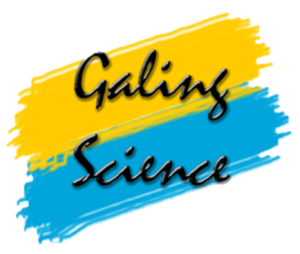
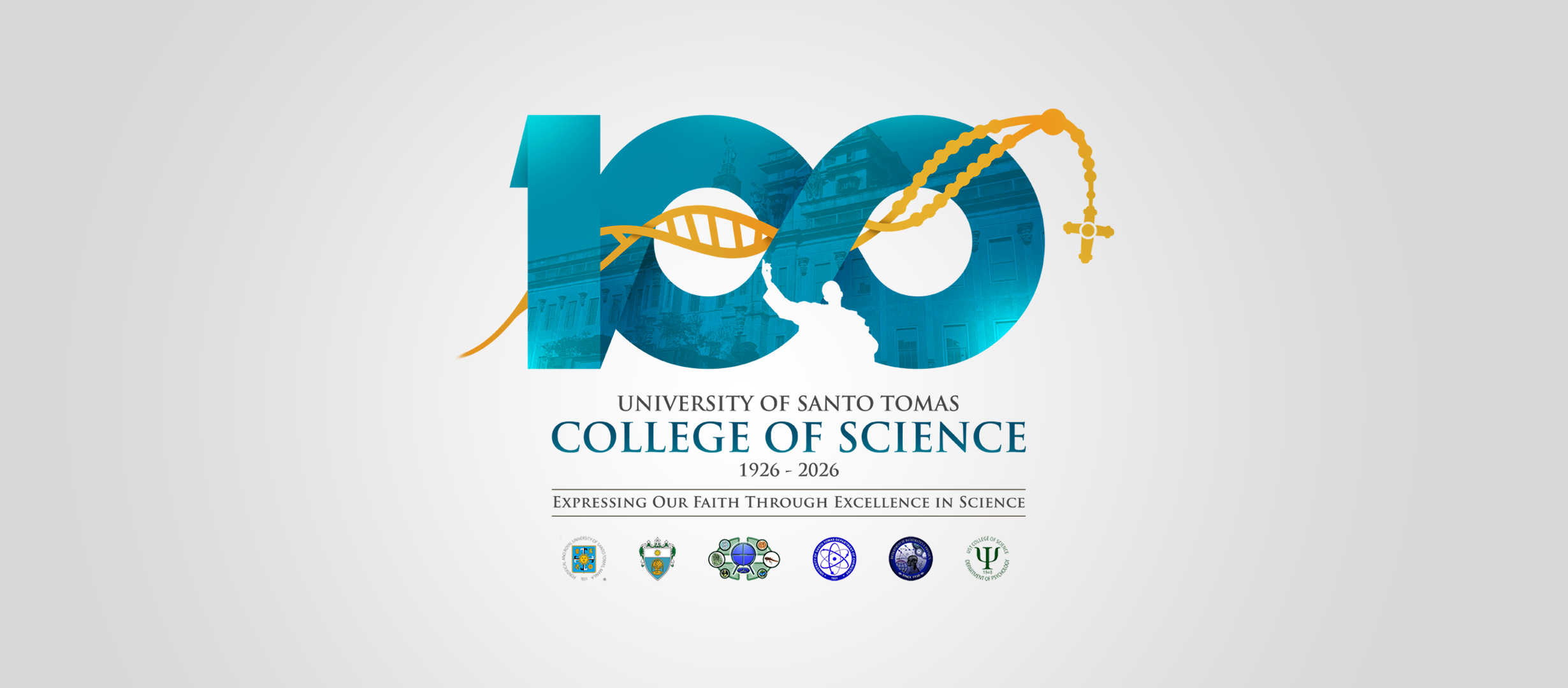
Science Centennial “Expressing our Faith through Excellence in Science”
The College of Science of the University of Santo Tomas is in a unique position compared to its fellow higher education academic units devoted to the sciences, as it is the only one housed in the lone Pontifical University in Asia, whose mission embraces a commitment to serve the Church, the nation and the global community. As such, the college has dedicated itself “to the integral formation of ethical, morally upright, competent and compassionate scientists who are committed to the pursuit of truth, and whose service to God and community is manifested in its responsiveness to national and global concerns” (UST College of Science Mission).
Hence, the theme of its centennial celebrations highlights the vital link between Faith and Science in the mission, academic programs, and advocacies of the UST College of Science. For many years, the UST College of Science has instilled the “Gáling Science, Galíng Science” (Excellence in Science) mantra among its academic staff, students, and alumni. It is but fitting that as we celebrate the centenary of the college, we anchor this push to strive for excellence in science to be founded in the basic tenets of the Catholic and Christian identity of the University of Santo Tomas.
The College of Science has laid out a ten-year plan to prepare for its centenary, which aims to 1) acknowledge our heritage, 2) celebrate excellence, and 3) establish an enduring legacy. The celebrations began last A.Y. 2016-2017 with the launch of “The Outstanding Alumni of Science Tribute” Awards or TOAST Awards 2017, which aimed to recognize ten Science alumni annually until the centennial celebrations of 2026. The year 2017 saw the relaunching of Agham, a fund-raising project that was first initiated during the deanship of Prof. Carmen Kanapi, Ph.D., and relaunched through the efforts of Prof. John Donnie Ramos, Ph.D. Project Agham, as it is now called, aims to advance the academic and research capability of the College of Science through infrastructure development, student scholarships, professorial chairs, and faculty and student internationalization activities. One of its more visible achievements was constructing the Science Online Learning Environment (SOLE) Room, which was named in honor of Engr. Recaredo A. Dela Rosa and Prof. Lourdes C. Dela Rosa. Through its Pande-Scholars initiative, it has likewise supported students with financial difficulties during the COVID-19 pandemic.
By A.Y. 2020-2021, incumbent dean Prof. Rey Donne S. Papa, Ph.D., formed the CS Centennial Committee, whose primary function was to conceptualize and help organize programs and activities that will form part of the 5-year countdown to the centennial celebrations. The committee included Rev. Fr. Louie R. Coronel, OP, EHL (Regent), former deans Prof. Emeritus Fortunato B. Sevilla III, Ph.D., Prof. Maribel G. Nonato, Ph.D., Prof. John Donnie A. Ramos, Ph.D., and former college secretaries Prof. Carlos P. Garcia, Ph.D. and Prof. Cecilia B. Moran, Dr.rer.nat.
The following activities have so far been conducted as part of the ten-year countdown:
Upcoming activities include:
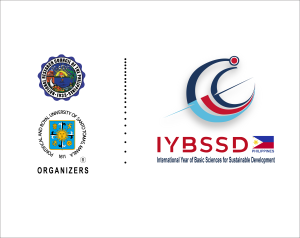
The College of Science is the partner of the National Research Council of the Philippines for the Philippine launch of the International Year of Basic Sciences for Sustainable Development.
For information on the IYBSSD Call for Proposal, please visit the following website: https://iybssd.org.ph/proposals/
In the October 2025 licensure exams for chemists, Zeus Nery...
Read MoreAssoc. Prof. Ma. Ninia I. Calaca, PhD, of the College...
Read More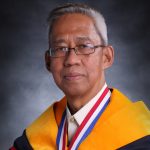
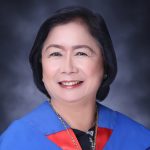
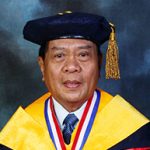
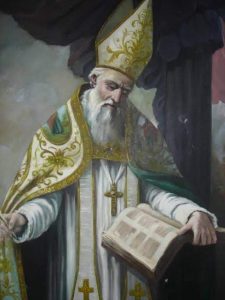
Patron of the UST College of Science
Feast Day: November 15
Born in the thirteenth century Germany, St. Albert the Great was still young when he went to Padua in Italy to devote himself to the study of the so-called “liberal arts”: grammar, rhetoric, dialectics, arithmetic, geometry, astronomy and music, demonstrating characteristic interest in the natural sciences which was soon to become the favorite field for his specialization. Though his decision was gradual, he later joined the Order of Preachers. Albert’s intense relationship with God and the example of the holiness and preaching of the Dominican friars were the decisive factors that helped him to overcome every doubt and even to surmount his family’s resistance to his vocation.
After his ordination to the priesthood, the brilliant St. Albert taught at various theological centers. He brought with him from Paris an exceptional student, St. Thomas Aquinas (1225-1274). The sole merit of having been the teacher of St. Thomas would suffice to elicit profound admiration for St. Albert. A relationship of mutual esteem and friendship developed between these two great theologians, human attitudes that were very helpful in the development of this branch of knowledge. St. Albert was later elected as Provincial of the Teutonic Province, where he distinguished himself for the zeal with which he exercised this ministry, visiting the communities and constantly recalling his confreres to fidelity, to the teaching and example of St. Dominic. Eventually, Pope Alexander IV appointed Albert Bishop of Regensburg, where he succeeded in restoring peace and harmony, in reorganizing parishes and convents and in giving a new impetus
to charitable activities. After four years, he returned to teaching, researching, and writing. He played an important part in the Council of Lyons (1274), and he worked to clarify and defend the teaching of St. Thomas Aquinas.
St. Albert the Great passed away in his room in Cologne, Germany in the year 1280. He was beatified in 1622 and was canonized in 1931, when Pope Pius XI proclaimed him ‘Doctor of the Church’. This was certainly an appropriate recognition of this great man of God and outstanding scholar, not only of the truths of the faith but of the many other branches of knowledge; indeed, with a glance at the titles of his very numerous works, we realize that there was something miraculous about his culture and that his encyclopedic interests led him not only to concern himself with philosophy and theology, but also with every other discipline then known, from physics to chemistry, from astronomy to mineralogy, from mathematics to psychology, from botany to zoology. For this reason, Pope Pius XII named him ‘Patron of the Enthusiasts of the Natural Sciences’, and called him “Doctor universalis” precisely because of the vastness of his interests and knowledge.
O God our Father, | Fountain and Origin of all wisdom, | you made the bishop St. Albert | great in harmonizing human wisdom | with divine faith; | grant, | we beseech you, | that adhering to his magisterial teaching, | and through the advance of the sciences, | we may come to a deeper knowledge | and love of you, | per scientiam ad Dominum. | We ask the Blessed Mother Mary | to intercede on our behalf | to bring us closer to her Son Jesus | along with St. Albert the Great, | our patron saint. Amen.
St. Albert the Great, | pray for us!

Asst. Prof. Janus. C. Aban, PhD
Adviser

Inst. Genea Nichole Cortez, MSc
Adviser

Inst. Kent Caesar C. Gervacio, MSc
Adviser

Inst. Jenny Lou A. Bermejo, MSc
Adviser

Inst. Jose Mari B. Garcia, MD
Adviser

Inst. Vitus Paul L. de Jesus, PhD
Adviser

Inst. Daniel Albert E. Castillo, MSc
Adviser

Inst. Joseph B. Rasalan, MSc
Adviser

Inst. Carmela Vannette B. Vicera, MSc
Adviser

Rev. Fr. Louie R. Coronel, O.P., EHL
Adviser

Inst. Kiana DC. San Juan, MA
Adviser

Inst. Karlo Angelo S. Serrano, MD
Adviser

Asst. Prof. Hao Wei Hsu-Yap, MSc
Adviser

Asst. Prof. Gerald Thomas A. Soliven, MSc
Team Manager

Asst. Prof. Russell Evan L. Venturina, MSc
Team Manager

Inst. Jose Mari B. Garcia, MD
Team Manager
UST GALING SCIENCE ALUMNI ASSOCIATION INC. 2025-2027 OFFICERS
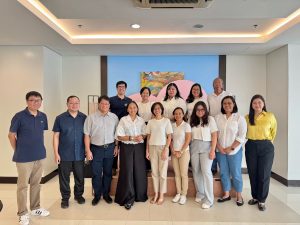
Charitess R. Carandang-Barlis (BS Psychology 2002), President
Maria Therese Josefa C. Perez (BS Microbiology 2001), Vice-President
Patricia Rose Angelu S. Hidalgo (BS Psychology 2017), Secretary
Jeffrey T. Castillo (BS Biology 2000), Assistant Secretary
Kiersten Jayne R. Adri (BS Chemistry 2013), Treasurer
Blessille G. Par (BS Pscyhology 2004), Assistant Treasurer
Jasper Roman T. Aguinaldo (BS Microbiology 1996), Board Member
Kimberly P. Ceniza (BS Chemistry 2012), Board Member
Michelle Rose Y. Cornes (BS Psychology 2003), Board Member
Rolando M. Natividad (BS General Course 1975), Board Member
Elizabeth Noveno (BS Microbiology 2017), Board Member
Cecille A. Terrible (BS Psychology 1976), Board Member
In this playlist, listen to some of the College’s academic staff and alumni as they share about their fields of expertise.
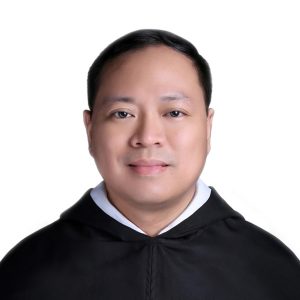
Rev. Fr. Louie R. Coronel, O.P., EHL
Regent
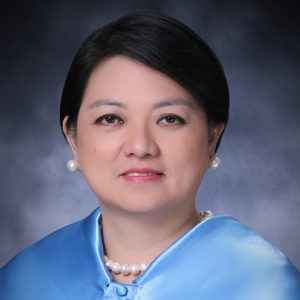
Prof. Ma. Claudette A. Agnes, PhD
Assistant Dean
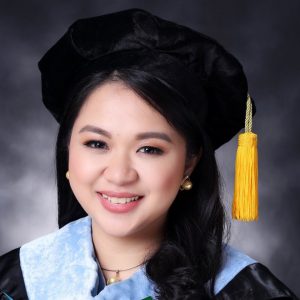
Assoc. Prof. Ezra S. Aguilar, PhD
College Secretary
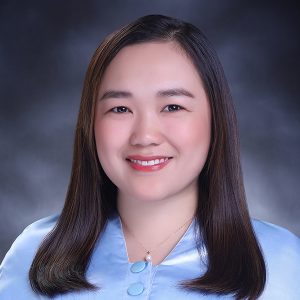
Asst. Prof. Niña Kathryn G. Alfeche, MSc
Coordinator, Organismic and Environmental Biology Cluster

Rev. Fr. Louie R. Coronel, O.P., EHL
Member (Ex-Officio)

Prof. Ma. Claudette A. Agnes, PhD
Member (Ex-Officio)
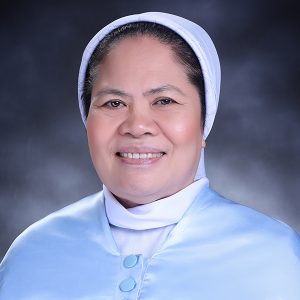
Sr. Angelina M. Julom, PhD
Member
Ensure the efficient and effective planning, implementation, monitoring, and evaluation of the College’s community development and advocacy programs.
Serves as the enforcement arm of the Office for Student Affairs (OSA) in his / her Faculty/College/Institute/School in terms of:
Department of Biological Sciences
Department of Mathematics and Physics
Set guidelines and implementation strategies on freshmen admission.
Asst. Prof. Hao Wei Hsu-Yap, MSc
Government, Research, Academe and Industry Relations (GRAIN)

Prof. Ma. Claudette A. Agnes, PhD
Enrollment
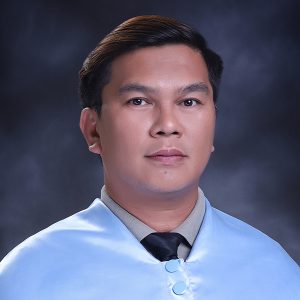
Asst. Prof. Jaycee Augusto G. Paguirigan, PhD
Simbahayan Community Development
simbahayan.sci@ust.edu.ph
Duties and Responsibilities
Ensure the efficient and effective planning, implementation, monitoring, and evaluation of the College’s community development and advocacy programs.
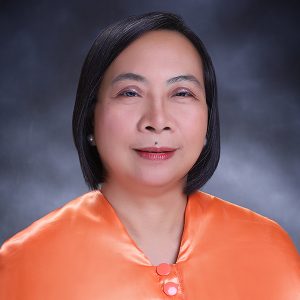
Assoc. Prof. Ma. Ninia I. Calaca, MA, MPhil
Student Welfare and Development
swdc.sci@ust.edu.ph
Duties and Responsibilities
Serves as the enforcement arm of the Office for Student Affairs (OSA) in his / her Faculty/College/Institute/School in terms of:

Asst. Prof. Marian M. Lagundino, PhD
Scholarship
scholarship.sci@ust.edu.ph
Duties and Responsibilities
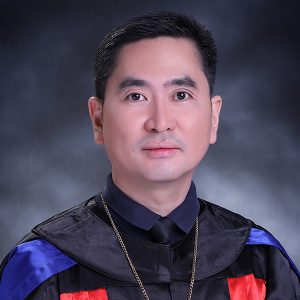
Prof. Mario A. Tan, PhD
Research
research.sci@ust.edu.ph
Duties and Responsibilities
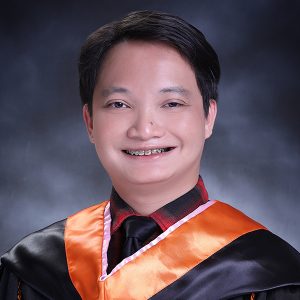
Inst. Alvin Joseph D. Mapoy, MSc
Library
library.sci@ust.edu.ph
Duties and Responsibilities
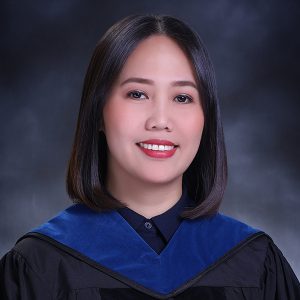
Asst. Prof. Sittie Aisha B. Macabago, PhD
Alumni Relations
alumnirelations.sci@ust.edu.ph
Duties and Responsibilities
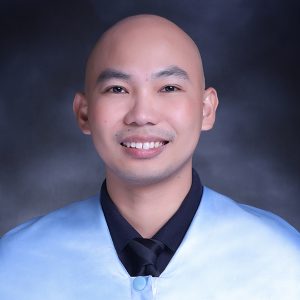
Asst. Prof. Elfritzson M. Peralta, MSc
Website and Social Media
socmed.sci@ust.edu.ph
Duties and Responsibilities
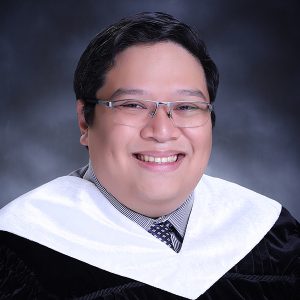
Mr. Henmar C. Cardiño, MP
Admissions
admissions.sci@ust.edu.ph
Program Email Addresses
Department of Biological Sciences
Department of Mathematics and Physics
Duties and Responsibilities
Set guidelines and implementation strategies on freshmen admission.

Asst. Prof. Guiniver G. Vera, MME
Pedagogical Lead
sciped.sci@ust.edu.ph
Duties and Responsibilities
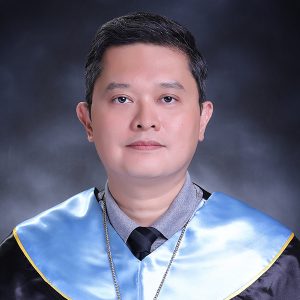
Prof. Bernard John V. Tongol, PhD
Awards
awards.sci@ust.edu.ph
Duties and Responsibilities
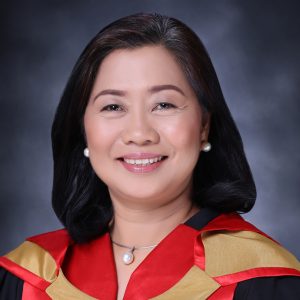
Prof. Christina A. Binag, PhD
Research Ethics
rec.sci@ust.edu.ph
Duties and Responsibilities
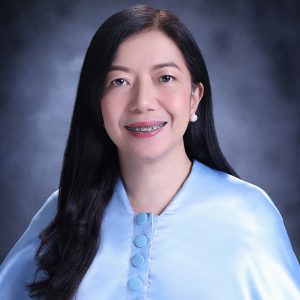
Prof. Karen S. Santiago, PhD
Textbook and Learning Materials Committee (TLMC)
tlmc.sci@ust.edu.ph
Duties and Responsibilities
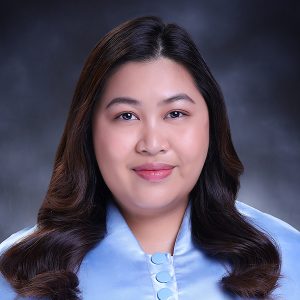
Asst. Prof. Shea Kathleen P. Guinto, PhD
Crisis Management
crisismanagement.sci@ust.edu.ph
Duties and Responsibilities

Inst. Lowel L. Urian, MAEd
Quiz Contests
contests.sci@ust.edu.ph
Duties and Responsibilities
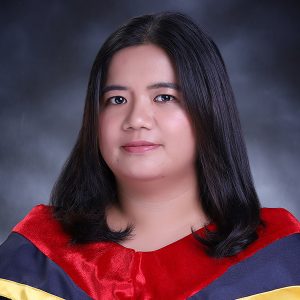
Ms. Abigail A. Arillaga, MSc
Program Promotions
promotions.sci@ust.edu.ph
Duties and Responsibilities
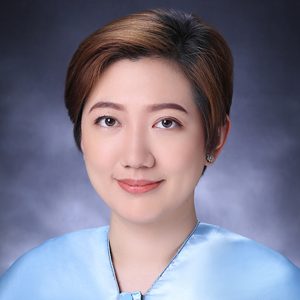
Asst. Prof. Hao Wei Hsu-Yap, MSc
Government, Research, Academe and Industry Relations (GRAIN)
grain.sci@ust.edu.ph
Duties and Responsibilities
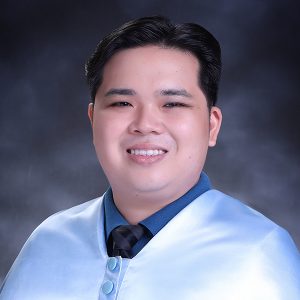
Inst. Carl Jay D. Laurenciano, MSc
Planning and Quality Management
pqm.sci@ust.edu.ph
Duties and Responsibilities
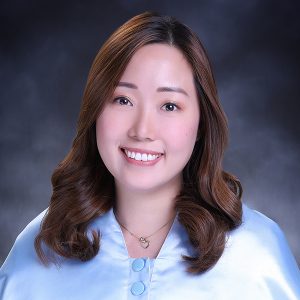
Asst. Prof. Jeau Raizza S. Go, MA
Science Week
scienceweek.sci@ust.edu.ph
Duties and Responsibilities

Inst. Robert Ramon S. Cruz, MS
Araw Parangal
arawparangal.sci@ust.edu.ph
Duties and Responsibilities
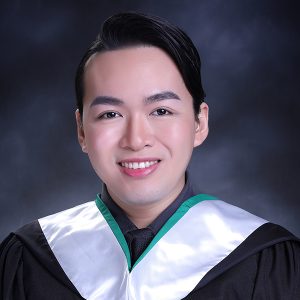
Mr. Jade Ibhar V. Cuambot, MSc
Pagtatapos
pagtatapos.sci@ust.edu.ph
Duties and Responsibilities
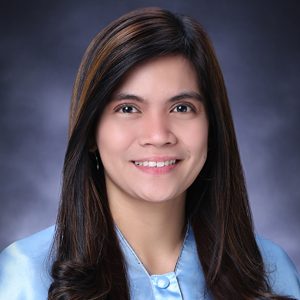
Assoc. Prof. Jolleen Natalie I. Balitaan, PhD
International Relations
intcom.science@ust.edu.ph
Duties and Responsibilities

Inst. Romelito Manuel D.S. Clorina, MA
e-Learning
edtech.sci@ust.edu.ph
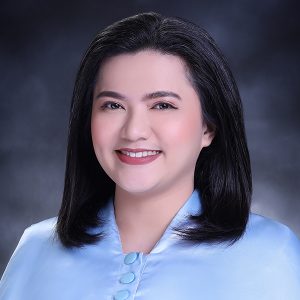
Inst. Katherine Yasmin M. Garcia, MSc
e-Learning
edtech.sci2@ust.edu.ph
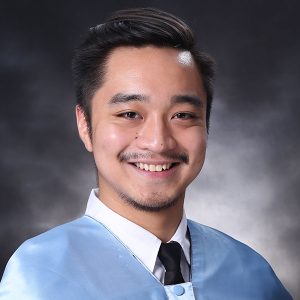
Inst. Sam Dominic A. Binag, MSc
e-Learning
edtech.sci3@ust.edu.ph
Duites and Responsibilities

Ms. Lea Margaret G. De Guzman, MGC, RGC
1st Year and 4th Year Levels
(MICRO and DSA)

Ms. Maria Carmel A. Racadio, MA. RGC, RN
2nd Year and 4th Year Levels
(MBIO and IBIO)

Ms. Judith L. Paceño, MA, RGC, RPm, LPT
3rd Year and 4th Year Levels
(PSYCH, AM, AP, EBIO, and CHEM)
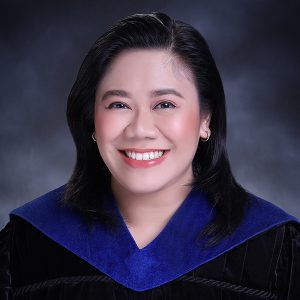
Ms. Bridget C. Arrogancia
Office Clerk
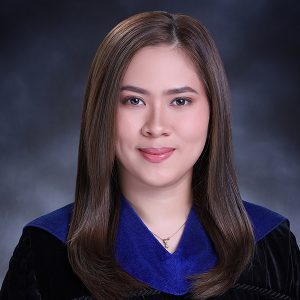
Ms. Andrea G. Austral
Office Clerk
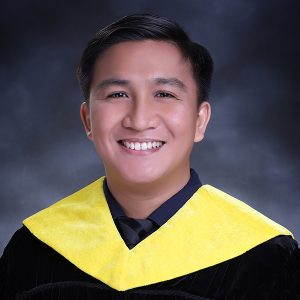
Mr. Ryan Jade T. Balod
Office Clerk
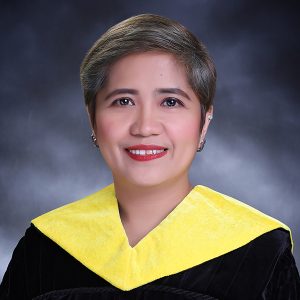
Ms. Kristine Lorraine F. Breva
Office Clerk
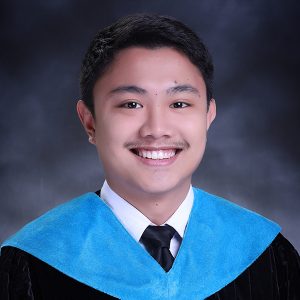
Mr. John Luther C. Briones
Office Clerk
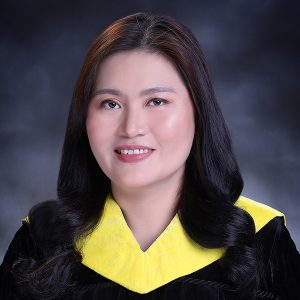
Ms. Florinda S. Esguerra
Office Clerk
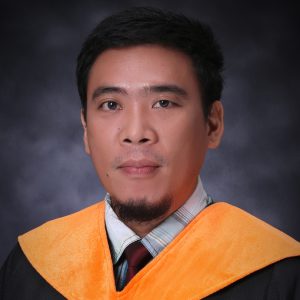
Mr. Mark Ricablanca
Office Clerk
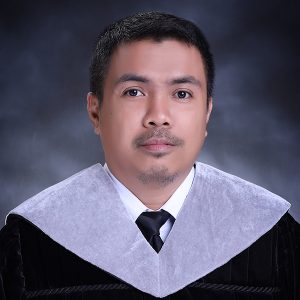
Mr. Melvin Carlo G. Benito
Computer Laboratory Technician
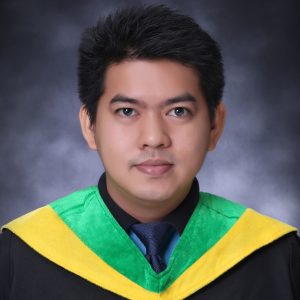
Mr. Charles Edward L. Alolor
Laboratory Assistant
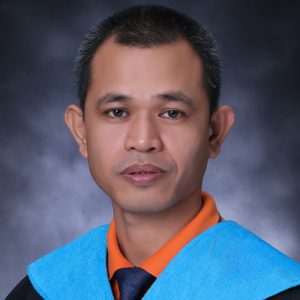
Mr. Rommel L. Bronio
Laboratory Assistant
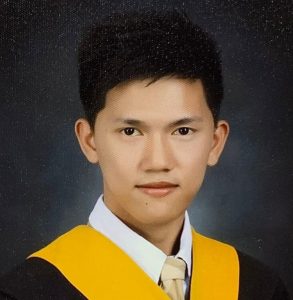
Mr. Angelo D.R. Bunag
Laboratory Assistant
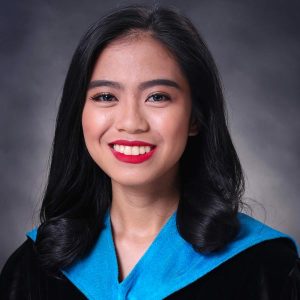
Ms. Jhoanna Rhein Duzon
Laboratory Assistant
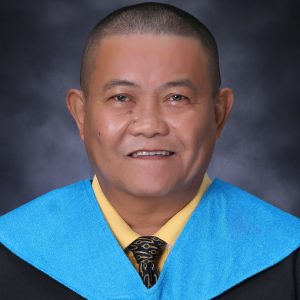
Mr. Dionisio V. Layacan
Laboratory Assistant
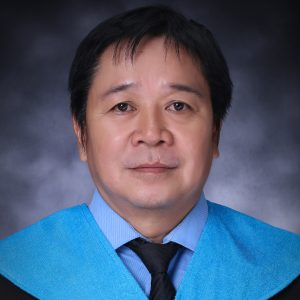
Mr. Alberto L. Milabo
Laboratory Assistant
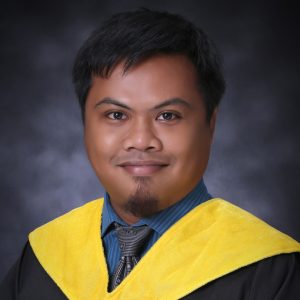
Mr. Zoilo Gerald S. Noscal
Laboratory Assistant

Ms. Rean Jane E. Pamisa
Laboratory Assistant
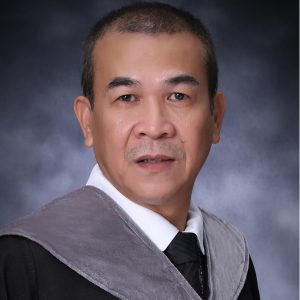
Mr. Joselito D.G. Payuran
Laboratory Assistant

Mr. Marc Dale C. Perez
Laboratory Assistant

Mr. Nikko B. Punzalan
Laboratory Assistant
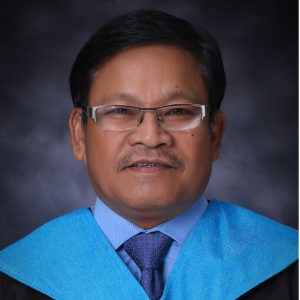
Mr. Reynaldo F. Sapnu
Laboratory Assistant
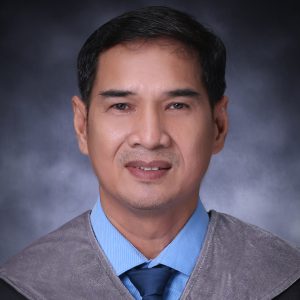
Mr. Ruperto T. Simbul, Jr.
Laboratory Assistant
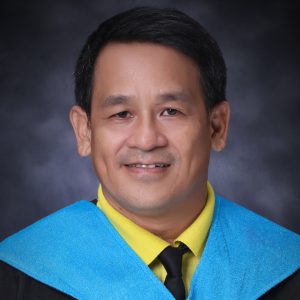
Mr. Jose Gilbert F. Tality
Laboratory Assistant
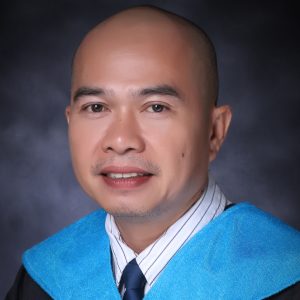
Mr. Delfin T. Tampos
Laboratory Assistant
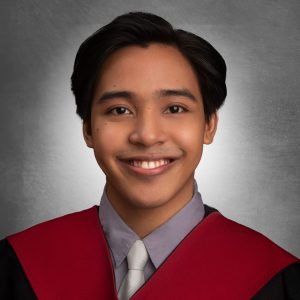
Mr. Aaron Joseph C. Libuit
Chemical Technician
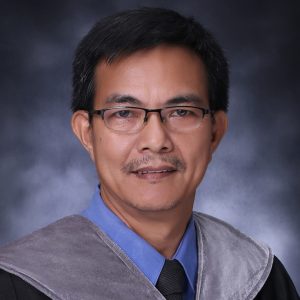
Mr. Generoso D. Medina
Multimedia / Audio-Visual Room Technician
HISTORY OF THE COLLEGE OF SCIENCE
The College of Science was established in 1926 as the College of Liberal Arts. It initially offered four-year programs for Bachelor of Arts and Bachelor of Science degrees and two-year courses in Preparatory Law and Preparatory Medicine. Through the succeeding years, it expanded its offerings in response to the needs of national development and introduced innovative degree programs including Bachelor of Science in Chemistry (1931), Bachelor of Science in Industrial Technology (1941), Bachelor of Science major in Zoology (1947), Bachelor of Science major in Psychology (1948), and Bachelor of Science major in Mathematics and Physics (1952).
In 1964, the College of Liberal Arts was transformed into the College of Science, after ceding the Bachelor of Arts program to the Faculty of Arts and Letters. Thereafter, all programs offered by the College focused only on science and mathematics. Ever sensitive to the demands of national growth, the college initiated new programs including B.S. General (1964), B.S. Mathematics (1966), B.S. Actuarial Sciences (1974), B.S. Biology (1978), B.S. Microbiology (1979), B.S. Computer Science (1984), B.S. Information Technology and B.S. Information Management (1999), and B.S. Applied Physics (2002). In 2003, the Computer Science, Information technology and Information Management programs were transferred to the Faculty of Engineering. In the year 2009, a shift from theoretical to applied mathematics was implemented with the realignment of B.S Mathematics Major in Actuarial Science to B.S Applied Mathematics Major in Actuarial Science. The four degree-granting departments of the College of Science were transformed into university-level departments by 2016, in preparation for the centralized offering of all general education science courses by the College of Science as a result of the transition to the K-12 curriculum. In 2018, the Bachelor of Science in Biology branched out into three specializations – Environmental Biology, Industrial Biology, and Medical Biology. In 2022, the B.S. Data Science and Analytics (BS DSA) program was opened, which was co-offered with the College of Information and Computing Sciences, making the B.S. DSA program the first to be jointly offered by two academic units of the university. Beginning AY 2023-2024, the Industrial Biology major track under the BS Biology program was renamed to Molecular Biology and Biotechnology in order to accurately reflect the strengths of the curriculum.
Excellence in science education and research has been a byword of the UST-College of Science. In September 2011, the college has been awarded by the Philippine Association of Colleges and Universities Commission on Accreditation (PACUCOA) the highest accreditation of Level IV, the first in the University of Santo Tomas. Having been accredited Level IV, the college became instrumental in the Institutional Accreditation Status of the university awarded by the Federation of Accrediting Agencies of the Philippines (FAAP) in September 2012. In 2017, the Biology, Chemistry and Psychology programs were the among the first program offerings in the university to have been certified by the ASEAN Universities Network Quality Assurance (AUN-QA). The Commission on Higher Education (CHED) has also recognized the Department of Biological Sciences as a Center of Excellence in Biology; the Department of Chemistry as a Center of Excellence in Chemistry; and, the Department of Psychology as a Center of Excellence in Psychology.
